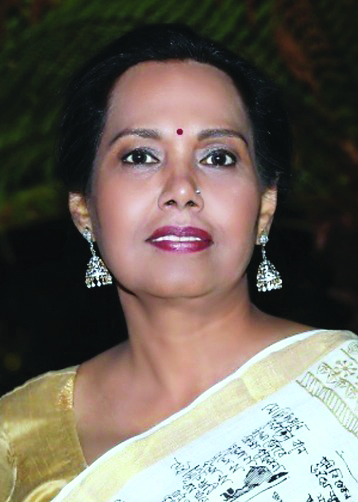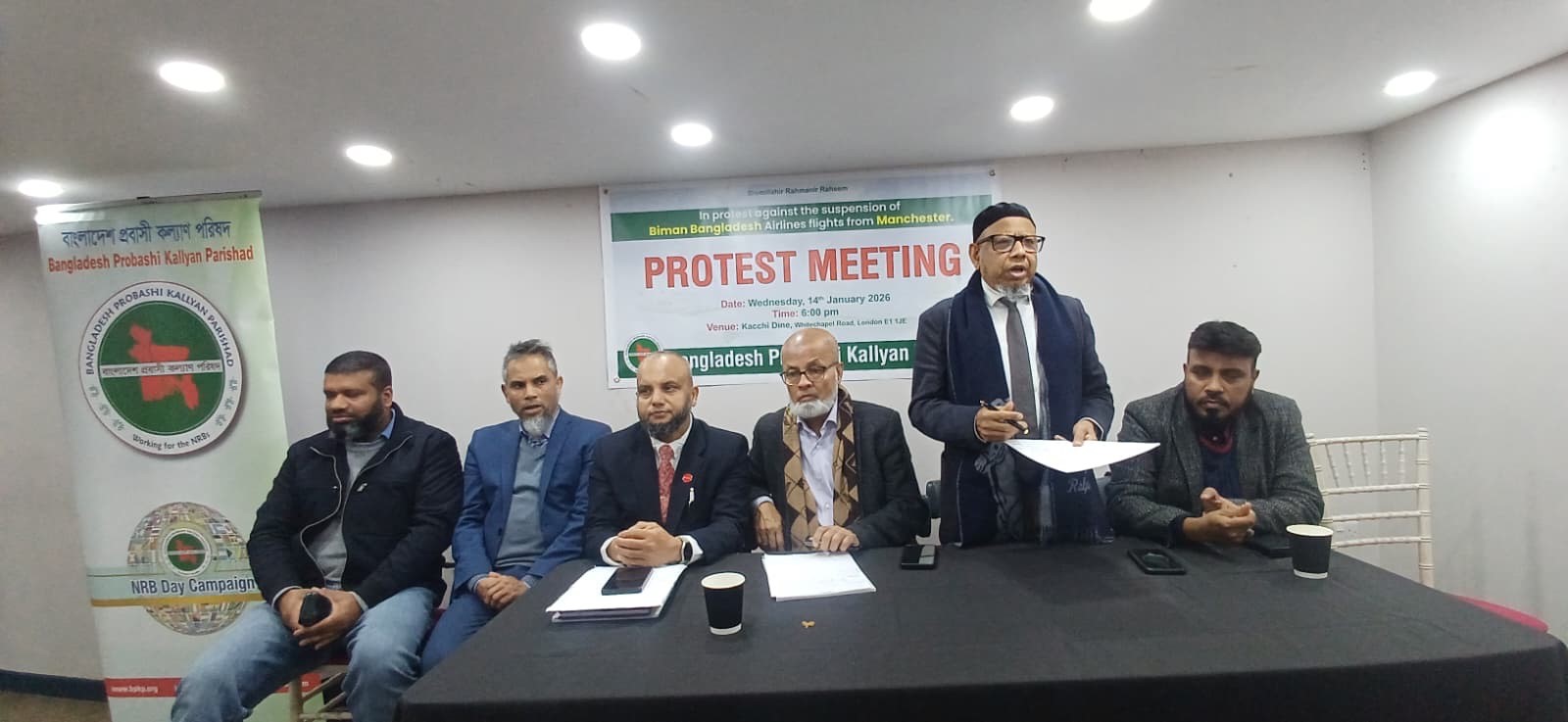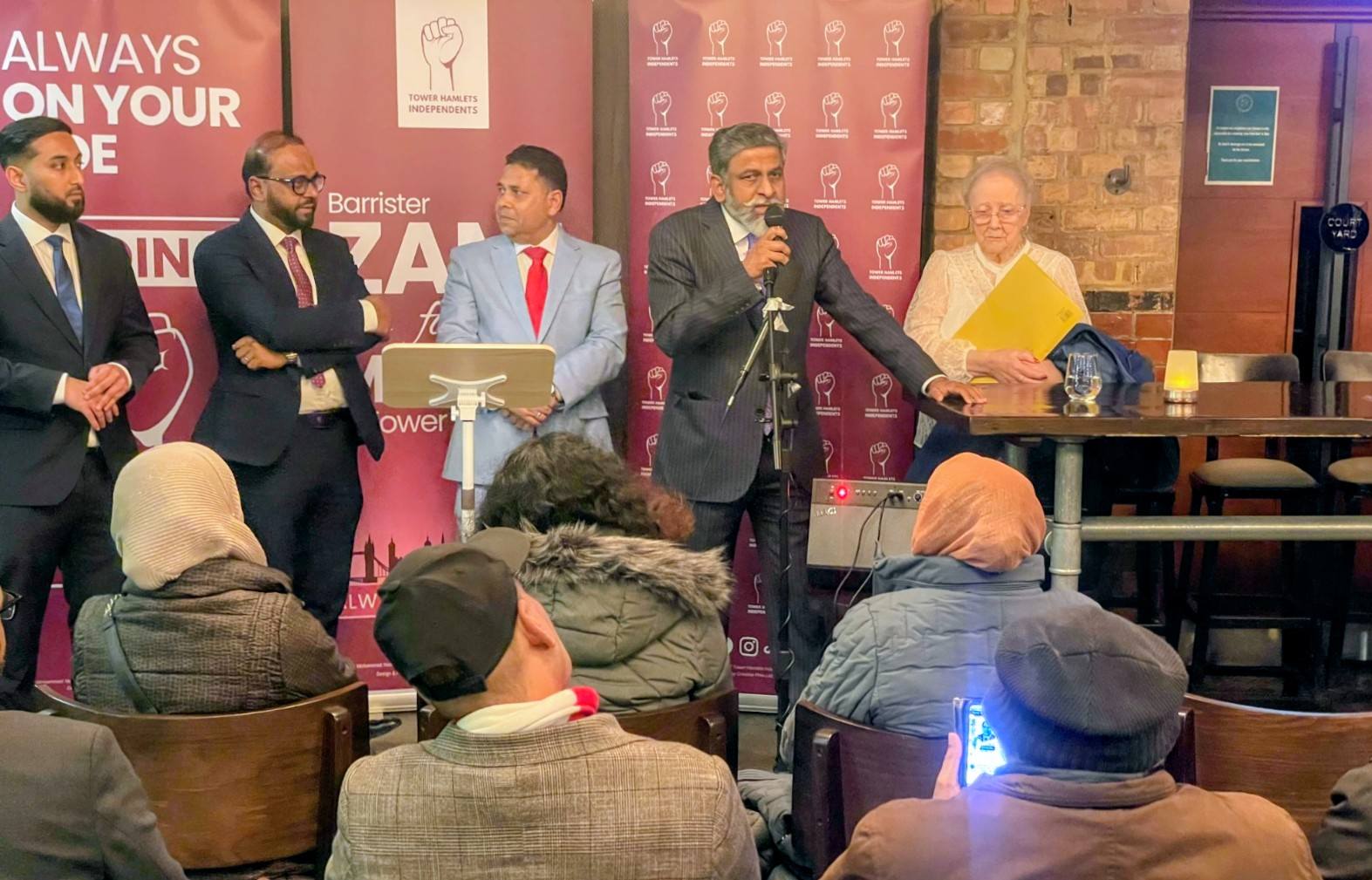Ensuring Safety During Ramadan: Enhanced Mosque Security Measures

In the shadow of escalating tensions in the Gazza conflict, a disturbing phenomenon has unfurled its dark wings far beyond the immediate zone of hostilities. An alarming surge in Islamophobia has laid bare the prejudices simmering beneath the surface of Britain. This trend, characterised by a spike in discrimination and violence against Muslims, has become a poignant concern as Ramadan, a time of profound spiritual significance, draws near. This column endeavours to illuminate the intricate weave of Islamophobia intensified by the ongoing conflict, underscoring the imperative for heightened security measures in these delicate times.

The statistics revealed by Tell MAMA are alarming, with over 2,010 cases of anti-Muslim hate reported in just four months since the conflict’s escalation, marking the largest number of cases in such a period. This represents a staggering 335% increase compared to the same period in the previous year. The majority of these incidents were recorded in London, but the problem spans the entire United Kingdom. Notably, women were the primary targets in 65% of these cases, underscoring the gendered nature of Islamophobia and the additional vulnerabilities faced by visibly Muslim women.
The burgeoning wave of Islamophobia, catalysed by the Gazza conflict, manifests in a spectrum ranging from verbal onslaughts and the maligning of Muslims on social media platforms to outright physical aggression. It appears that the depiction of the conflict by certain sections of the media, coupled with the proliferation of misinformation online, has significantly fanned the flames of anti-Muslim sentiment. This has not only sown seeds of division but has also starkly highlighted the urgent need for a reassessment of how conflicts are reported and discussed in the public domain.
For the Muslim community, the ripple effects of this rising tide of Islamophobia have been profound. As the holy month of Ramadan approaches—a period marked by deep reflection, prayer, and communal solidarity—many Muslims find themselves grappling with a sense of vulnerability. Conversations with community leaders and lay members alike paint a grim picture of the emotional and psychological burden carried by many, overshadowed by a palpable fear for personal and familial safety during what should be a sacrosanct and peaceful time.
In response to these mounting concerns, there has been a vociferous call for authorities to bolster security measures around mosques and Islamic centres. Proposed initiatives range from increased patrols to the strategic placement of surveillance equipment, aiming not only to safeguard physical well-being but also to foster an atmosphere of inclusion and solidarity. These steps are crucial, not merely for the immediate protection they offer but also for the powerful message they send about our collective commitment to upholding the values of tolerance and mutual respect.
Some activists also believe that enhancing security at mosques through the recruitment of SIA-approved door supervisors is a proactive step towards safeguarding the Muslim community, especially during times of increased vulnerability. Licensed by the Security Industry Authority (SIA), a division of the Home Office, these door supervisors are not just security guards but trained professionals who specialise in crowd management and conflict resolution, ensuring a safe environment for worship and community gatherings.
However, the responsibility to counteract Islamophobia extends beyond the remit of governmental and law enforcement bodies; it is incumbent upon society at large to engage actively in this battle. This involves educational initiatives, open dialogues, and the challenging of entrenched stereotypes and biases. It calls for a recognition and celebration of the diversity within the Muslim community and an acknowledgment of their contributions to the fabric of society.
As we stand at this juncture, confronted by the specter of Islamophobia against the backdrop of the Gazza conflict, it is imperative that we reflect on the kind of world we wish to inhabit. The measures we advocate for and implement today—whether in the form of enhanced security for those observing Ramadan or broader societal engagement to dismantle prejudices—will echo through our collective future. Let us strive for a world where faith is not a fault line but a bridge towards greater understanding and unity.





